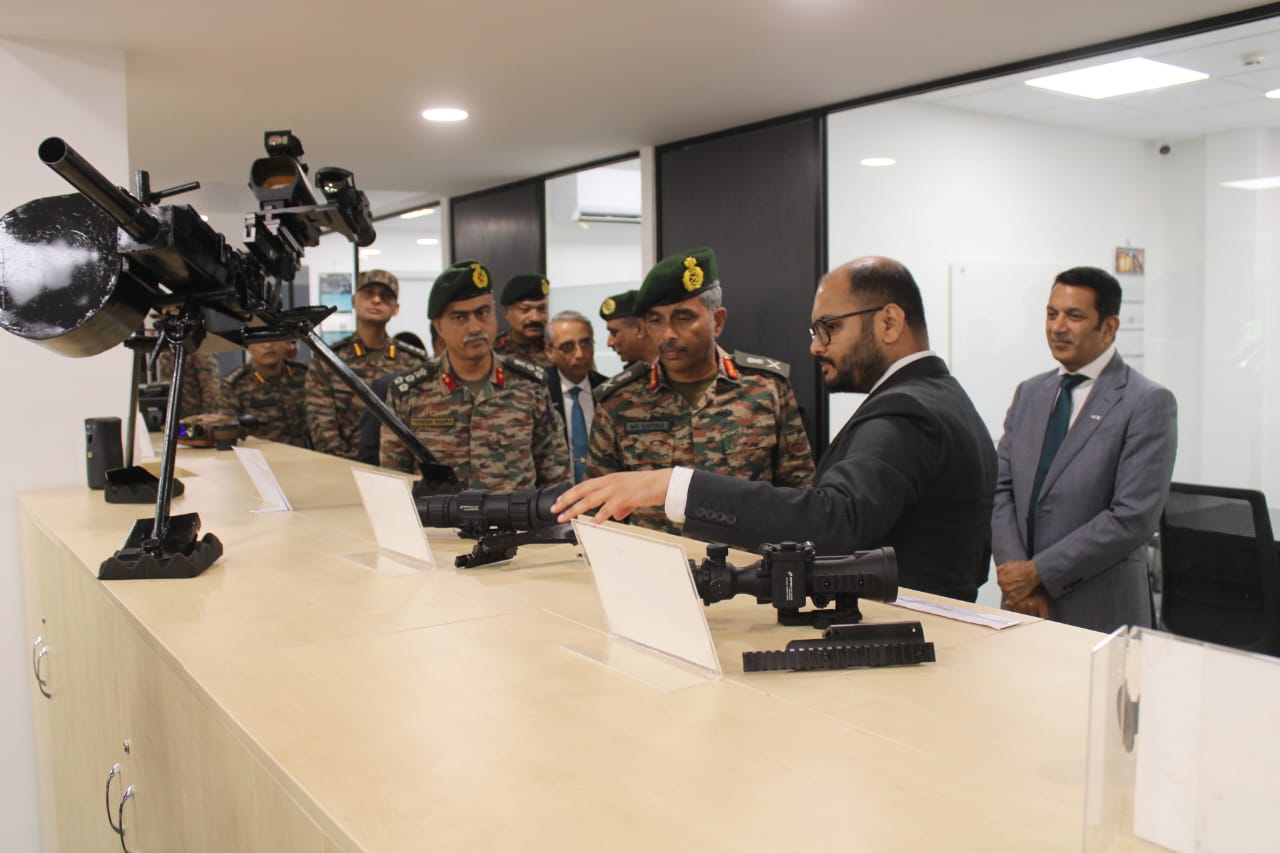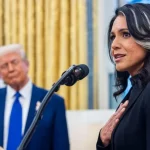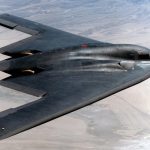In a strategic push to enhance military preparedness and technological self-reliance, the Indian Army’s Western Command, led by Lieutenant General Manoj Kumar Katiyar, has taken decisive steps to foster collaboration with India’s top academic institutions and defense manufacturers.
On a visit to the Indian Institute of Technology (IIT) Kanpur, General Katiyar engaged with faculty members and representatives from tech startups to explore advancements in areas such as drone technology, metamaterials, COMINT, ELINT, and cyber defense. The interaction culminated in the signing of a Memorandum of Understanding (MoU) focused on joint research and development, promoting indigenization, and facilitating the rapid deployment of emerging technologies.
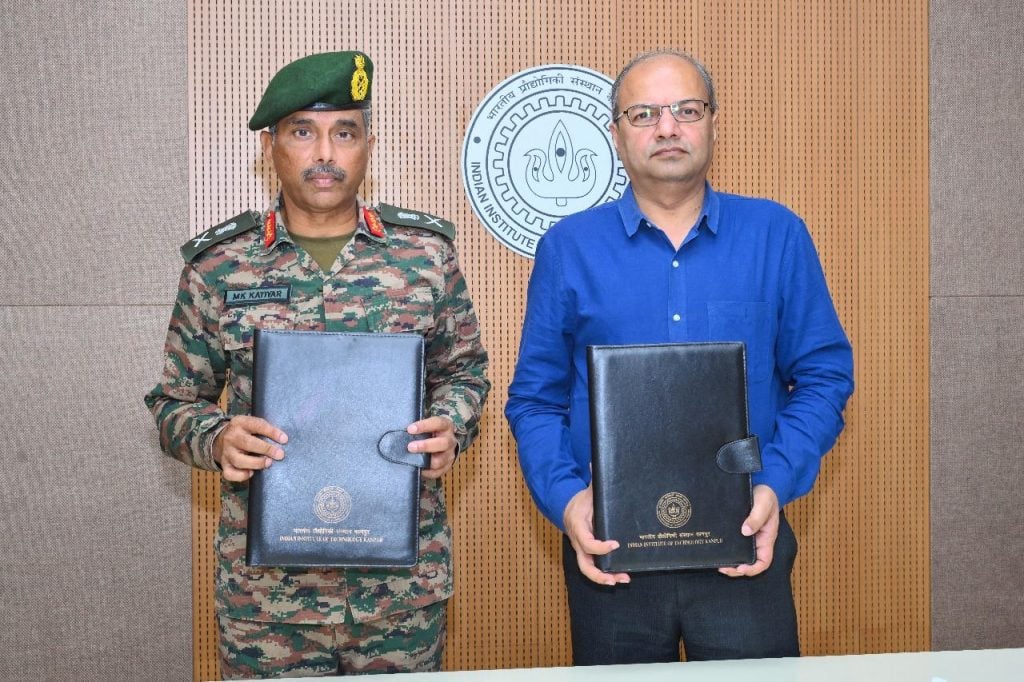
Further strengthening these initiatives, General Katiyar toured the facilities of MKU Limited, a leader in defense solutions known for its lightweight composite armor, which is approximately 40% lighter than conventional materials. He was briefed on MKU’s ongoing work in optronics and personal protection systems that enhance operational effectiveness in hostile environments.
At Adani Defence & Aerospace, the Army Commander reviewed the company’s integrated manufacturing capabilities, including systems for drones, missile launch platforms, advanced ammunition, and small arms. The discussions also touched upon the socio-economic impact of defense-driven technologies, particularly drones, in transforming rural livelihoods—a theme highlighted in a recent Adani–World Economic Forum report.
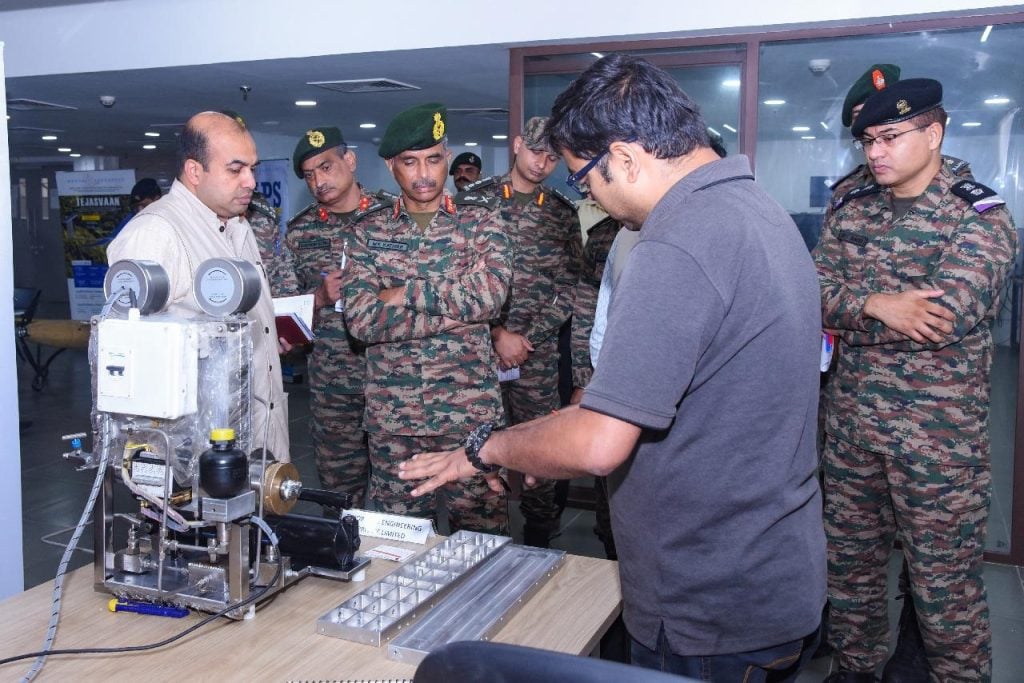
General Katiyar emphasized that such partnerships are not only vital for keeping pace with modern warfare but also essential for India’s strategic autonomy in defense manufacturing. “The collaborative synergy between the armed forces, academia, and industry is key to delivering mission-ready solutions at scale,” he said.
This initiative aligns closely with India’s “Make in India” vision and is backed by the government’s increased defense expenditure—$81.4 billion in 2023 alone. These collaborations reflect India’s growing commitment to reducing dependency on foreign imports, enhancing indigenous capabilities, and adapting to the rising global investments in AI, autonomous systems, and cyber warfare, which have grown by 12% annually between 2020 and 2024 according to SIPRI.
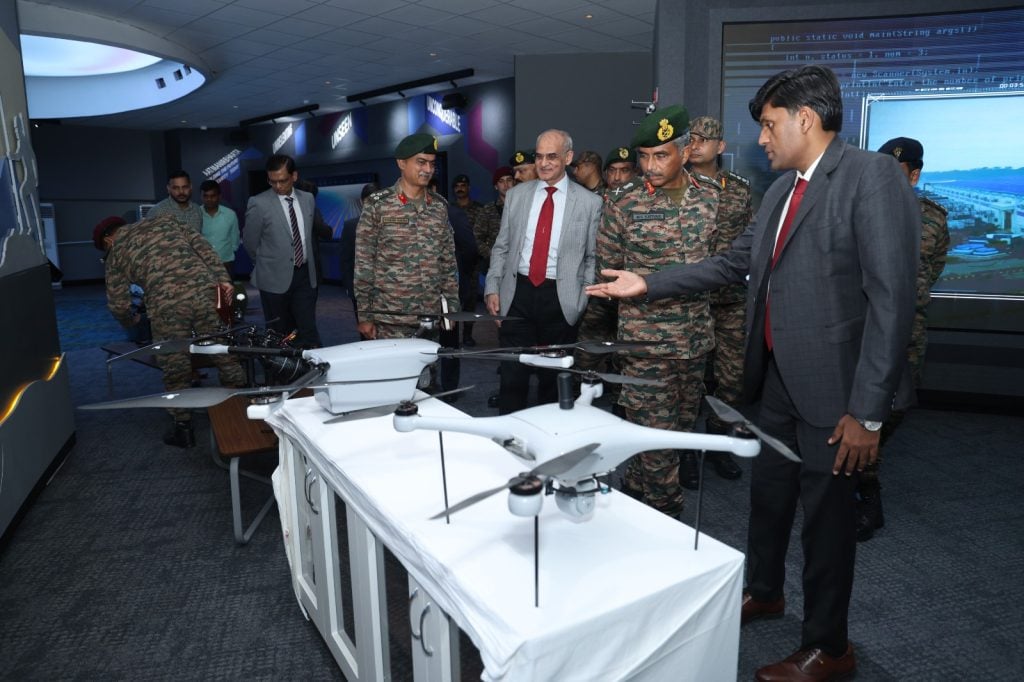
As India gears up for the challenges of modern conflict, the Western Command’s forward-looking engagement signals a robust and innovation-driven path for the nation’s defense strategy.

